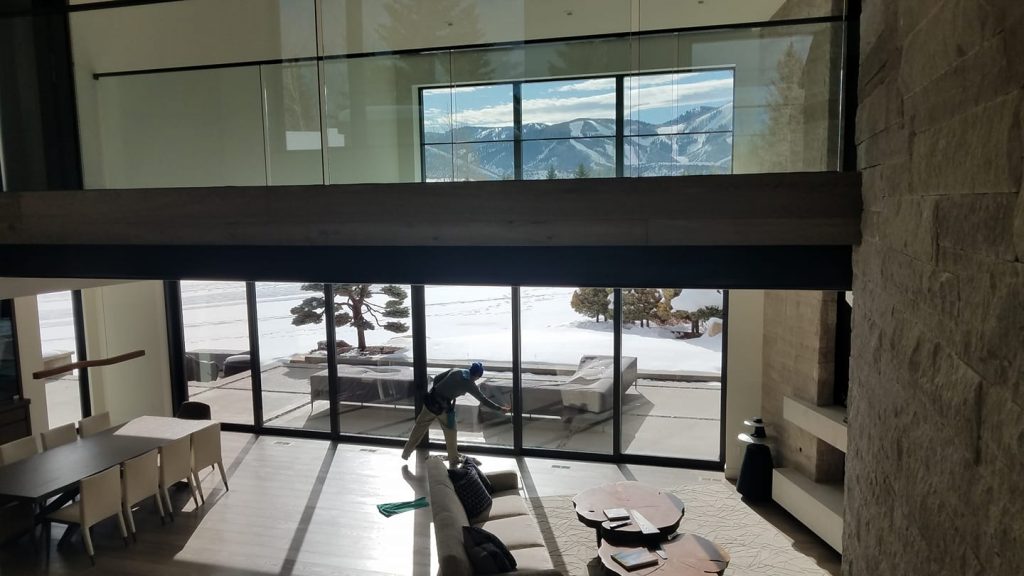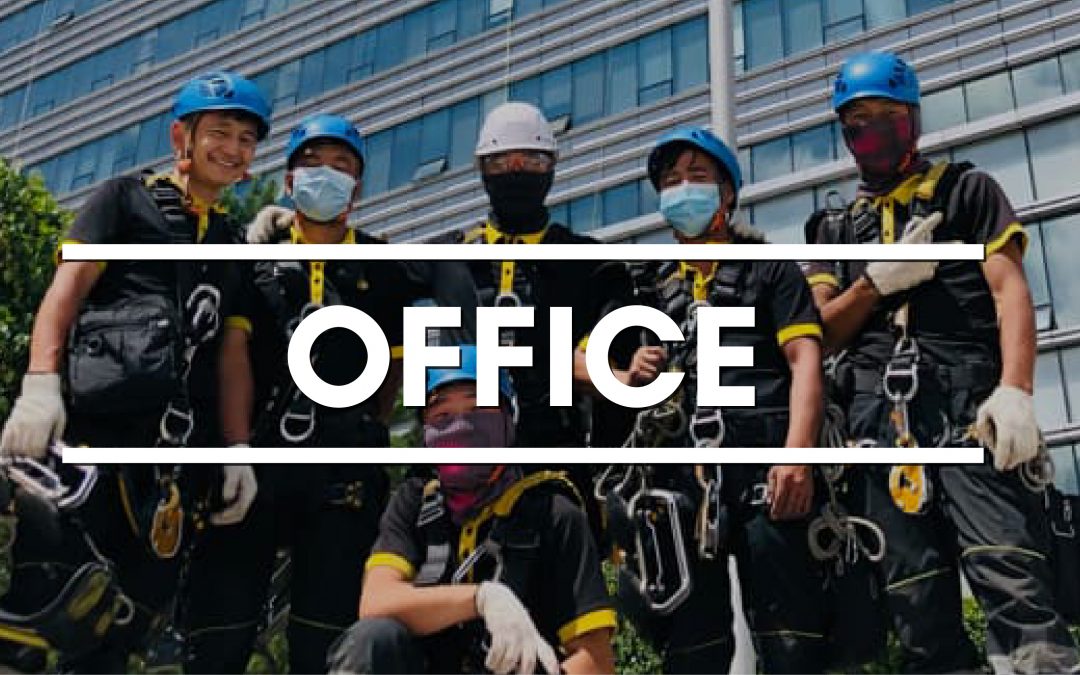I’ve had the opportunity to travel to some amazing and exotic locations throughout my career, such as… Iowa, while trying to help some new companies hit the ground running. (Sorry for the burn, Iowa, but you know what you did.) I’ve learned one thing about most new entrepreneurs: they are extremely aware of their expenses during startup. And those expenses can be scary at first, especially when you’re not sure how long it will take you to start seeing a return on your investments. Fortunately, there are some things you can work on that will make sure you start to look very appealing to customers while not adding much to your already growing expense list. Unfortunately, these are also things that I have seen many newcomers to our industry overlook entirely.
You’ve invested in your company’s visibility, training your staff, and equipment and administration. Now it’s time to consider what happens after you’ve closed the sale and send your trained employees and their shiny new equipment to that client’s property. Is the client raving about you, or are they ranting about you? This article aims to get you thinking about the details you may otherwise overlook and hopefully inspire you to spend some time and effort into the client’s experience.
Believe me, they will remember the experience, whether good or bad. So here we go!

Credit: Sarah Helmbold
First and foremost, make sure your employees are trained in customer service, not just window cleaning. Sometimes we’re just happy to find that employee who can hold a squeegee properly, but while you’re making them into a window cleaner, spend some time on your company’s policies. Make an employee handbook, even if you only have one employee.
Teach your employees how to pay attention to what’s going on at the property and to be a convenience, not an obstacle. For example, if I walk into a home and see baby toys in the living room, I ask when naptime is and make sure I avoid interrupting. Your client may not have even thought about that, but you’ll get a huge tray of brownie points if you show them that you have. Above is a small example of a much larger point, but it’s an excellent example of the details that stick out in people’s minds.
When you’ve spent some time training your employees to be great window cleaners and rock solid customer service specialists, it’s time to make it easier for your crew to perform to those high standards. I can’t tell you how many times I’ve heard about a jerk employee who didn’t protect the client’s floor only to discover that the only shoe covers available for said jerk were a pair of crusty shoe covers as old as the Shroud of Turin. Stock up on floor covers and shoe covers. Have spare items you use regularly and make sure your crews have a place to organize and clean out their vehicles every day. Keep up on it, or make sure your management is doing so.
Gabriel Gutierrez recently spoke on the ‘Into The Flow’ podcast about the difference between a window cleaner and an employee. Not to step on his toes, but your employees likely aren’t going to tell you that you ran out of 18-inch rubbers three weeks ago.
The final results of the job are arguably the essential part of building your reputation, although first impressions should not be overlooked.
I don’t care about the branding on your truck; that’s for the neighbors. We are talking about your current client. Is that truck clean and organized, or does it look like Sanford And Son Window Cleaning just pulled up in the driveway? Is your equipment in good condition? Do your employees know how to operate it properly and troubleshoot and maintain it? It’s easy to teach someone how to wash siding or use a water-fed pole. But teaching employees how to maintain and troubleshoot equipment reduces downtime on job sites. Employees who understand in detail how their equipment works are less likely to do the “no-no” things that you see your pressure washer do down at the repair shop.
The things mentioned above don’t cost as much money as they do time, diligence, and effort. In the end, you will see your efforts rewarded.
You may see a reduction in callbacks. You may notice you’re spending less on equipment repairs. You might have more clients on the same street because the neighbors said amazing things about your company. Most of all, you’ll spend less time driving to job sites putting out metaphorical fires that could have easily been avoided.
-By Anthony Padlo

